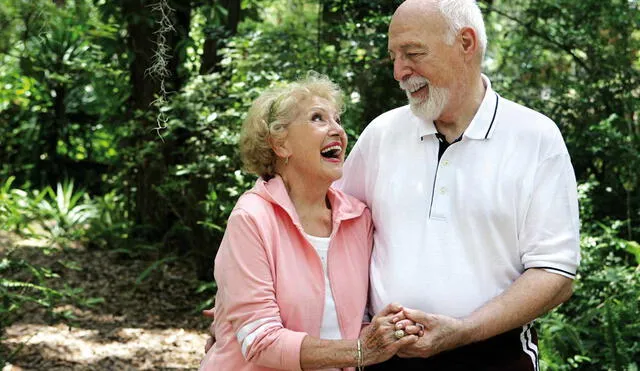10 hobbies that help seniors stay social and engaged, backed by psychology
Staying socially active is essential for mental and emotional well-being in later years. Engaging in group activities fosters connections, reduces loneliness, and keeps the mind sharp. Psychology-backed pastimes help seniors maintain a sense of purpose and joy.

Social interaction plays a key role in happiness and cognitive health as people age. Finding enjoyable ways to connect with others can prevent isolation and promote overall flourishing. Simple activities that encourage engagement make a big difference in maintaining strong relationships.
From creative expression to physical movement, different interests can bring community together and create meaningful bonds. Exploring new experiences or joining groups allows seniors to stay connected, energized, and fulfilled. Here are ten activities that can enhance social life.
Which hobbies help seniors stay connected and engaged?
Remaining engaged with others is crucial for mental clarity and life satisfaction. Activities that involve collective interaction, learning, and creativity help seniors stay connected while fostering a sense of purpose and enjoyment in their daily routines.
- Group Exercise Classes – Activities like yoga or water aerobics promote physical health while encouraging social interaction.
- Book Clubs – Reading and discussing literature with others stimulates the mind and strengthens friendships.
- Art and Craft Workshops – Painting, knitting, or pottery provide a creative outlet and opportunities to meet like-minded individuals.
- Music and Dance Groups – Singing in a choir or learning to dance fosters self-expression and builds community.
- Gardening Clubs – Tending to plants in a shared space combines relaxation with meaningful social connections.
- Volunteering – Helping at charities or community centers gives a sense of purpose and expands social circles.
- Game Nights and Clubs – Board games, chess, or card groups encourage friendly competition and social bonding.
- Language Learning Groups – Studying a new language in a class setting improves memory and introduces new friendships.
- Walking Groups – Strolling with others promotes fitness while providing a chance for casual conversation.
- Technology and Virtual Reality Sessions – Exploring digital tools or VR experiences connects seniors to modern innovations and new social experiences.
How can these practices strengthen social connections?
Participating in pleasant activities helps older adults maintain strong relationships and a sense of belonging. Engaging with others regularly boosts confidence, reduces stress, and keeps the mind active, leading to a more positive and fulfilling lifestyle.
By exploring new interests and staying involved in group events, seniors can create lasting friendships and meaningful experiences. Whether through creative projects, team fitness, or shared learning, staying socially involved enhances emotional health and overall happiness.












